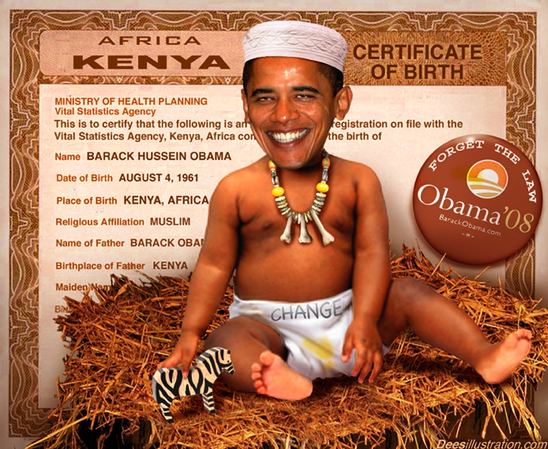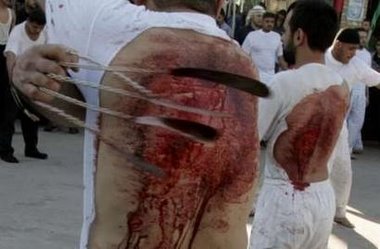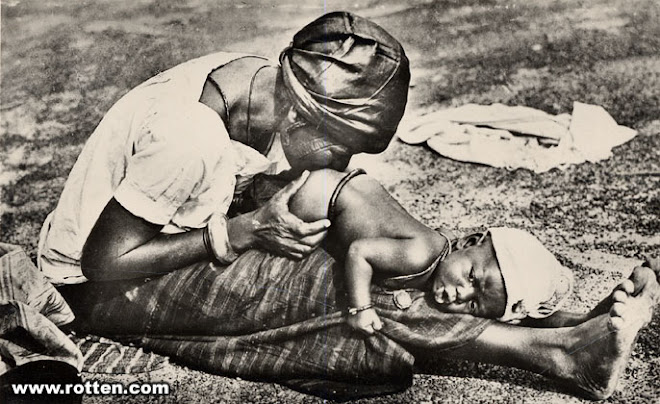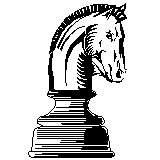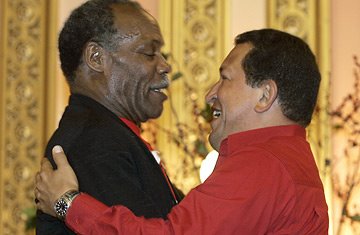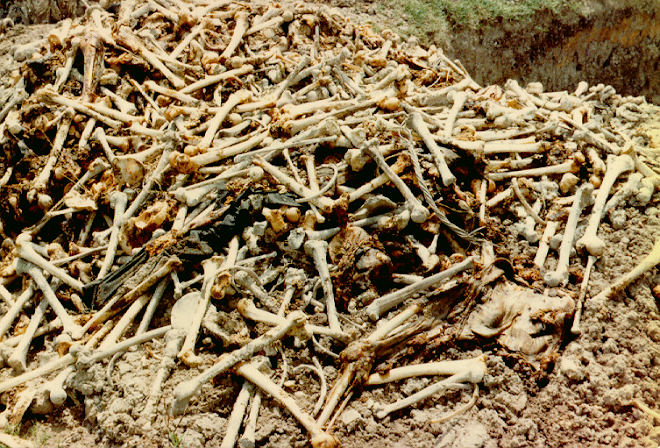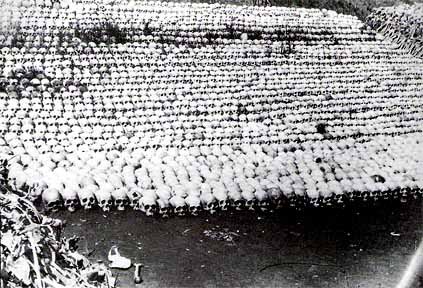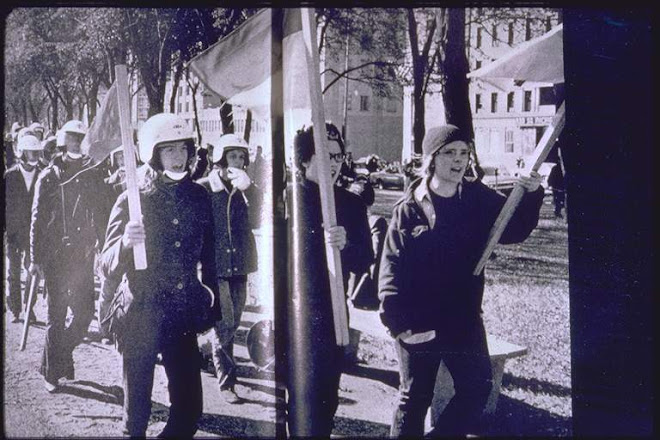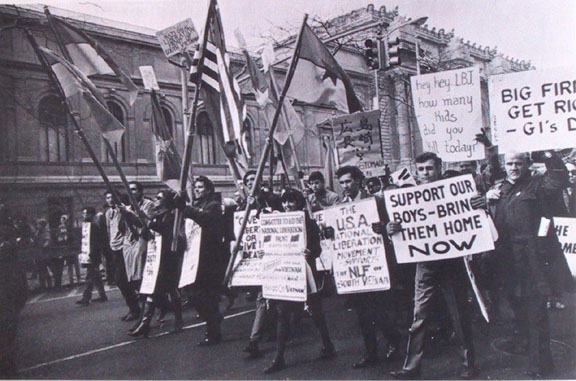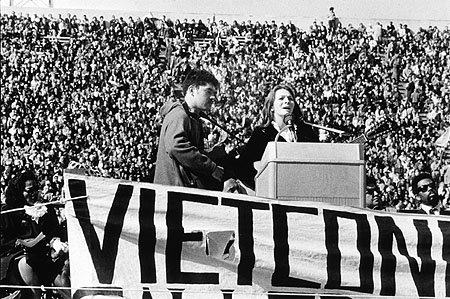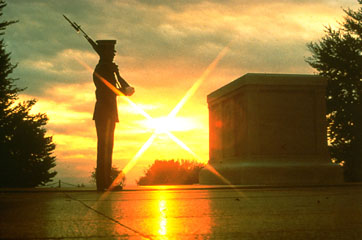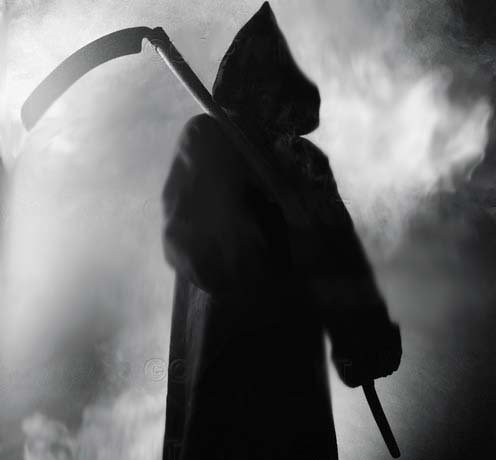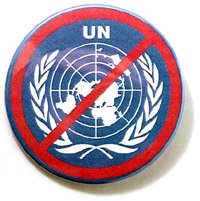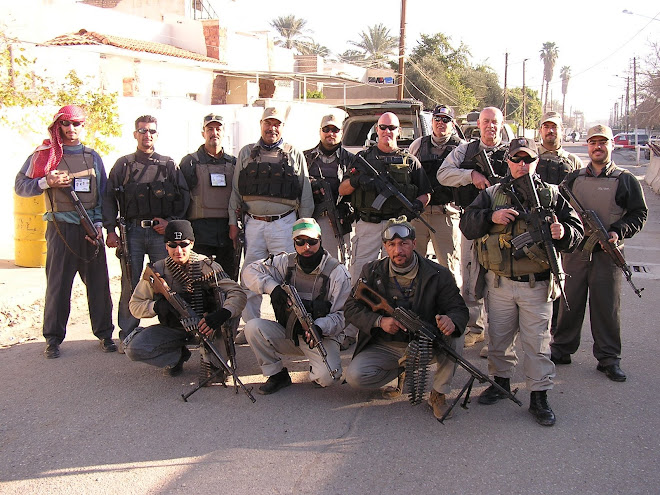God: "As for you, do not pray for this people, do not raise a cry of prayer on their behalf, do not plead with Me; for I will not listen to you"(7:16).
God, The Prophet Jeremiah, and Jerusalem (6th century BC): The prophetic vision that affirmed principles of absolute justice and morality emerged in the Jerusalem of the First Temple period.
Jerusalem had by this period evolved into a major city in the history of human civilization.
The prophets emphasized the concept of historical linearity, which maintains that the flawed present, with its rampant suffering and injustice, will ultimately undergo a radical metamorphosis, and that finally absolute justice, peace, harmony, and spiritual awareness will prevail.
It was in Jerusalem that people first lifted their eyes toward a more hopeful future.
The prophet Jeremiah was active in Jerusalem during the tragic period of the city's destruction by the Babylonians, a process that involved several stages.
Beginning in the thirteenth year of the reign of Josiah (626 BC), Jeremiah prophesied during the reigns of a number of kings: Jehoahaz, Jehoiakim, Jehoiachin, Zedekiah, and during the brief rule of Gedaliah ben Ahikam, whose assassination in ca. 585 BC put a final end to the remnant of the Jewish community in Judah and Jerusalem and symbolized the conclusion of the First Temple period.
Jeremiah's prophecies of destruction spoke of an ineluctable, invertible disaster:
"Lo, I am bringing against you, O House of Israel, a nation from afar declares the Lord. It is an enduring nation... a nation whose language you do not know... Their quivers are like a yawning grave they are all mighty men. They will devour your harvest and food, they will devour your sons and daughters..." (Jeremiah 5:15-17).
And again: "As for you, do not pray for this people, do not raise a cry of prayer on their behalf, do not plead with Me; for I will not listen to you"(7:16).
The prophet launched his mission in his native village of Anathoth, northeast of Jerusalem. He was rejected by his fellow villagers and his prophecies would later be rejected in Jerusalem:
But God told Jeremiah:
"Assuredly, thus said the Lord of Hosts concerning the men of Anathoth who seek your life and say, 'You must not prophesy any more in the name of the Lord, or you will die by our hand ...
'I am going to deal with them: the young men shall die by the sword, their boys and girls shall die by famine" (11:21-22).
Aware of the inevitability of a terrible punishment, Jeremiah felt disgust with his life (20:14-18).
The concept which had been successfully enunciated by the prophet Isaiah about a century earlier, holding that Jerusalem and the Temple possessed a spiritual inviolability, had become distorted by Jeremiah's time:
This divine protection, prophesied Jeremiah, was no longer bound up with the moral leadership of the nation, but rather the moral decay of the entire nation - its leadership and the people were likened to Sodom and Gomorrah by the prophet.
"Thus said the Lord of Hosts, the God of Israel: mend your ways and your actions, and I will let you dwell in this place. Don't put your trust in illusions and say, The Temple of the Lord, the Temple of the Lord, the Temple of the Lord are these [buildings]. ... therefore I will do to the House which bears My name, on which you rely... just what I did to Shiloh" (7:3-4, 14). Jeremiah was placed outside the law during the reign of Zedekiah and placed in detention until the destruction of the city by Nebuchadnezzar (39:14).
Showing posts with label Judgment. Show all posts
Showing posts with label Judgment. Show all posts
Sunday, November 23, 2008
Friday, November 7, 2008
Kill Them All, Let God Sort Them Out
Kill Them All, Let God Sort Them Out!"
This saying, actually used in some circles today and historically in military situations, got its beginning during the terrible persecution that Christians suffered in 13th Century
The freedoms we enjoy could not be imagined in that world over seven hundred years ago. It is important for us today, to know the hard-hearted mindset of those who opposed the Truth fueled by the evil machinations of a Machiavellian-style papacy in Rome.
The policy set by Rome at that time is still in force doctrinally:
"Nulla salus extra ecclesium" ("Outside the Church there is no salvation.")
It was "open season" on those who taught any doctrine other than that which the Pope allowed and this made such people enemies of the Catholic Church.
In 1210 AD, Pope Innocent III unleashed "orders of fire and sword" against a group of heretics throughout Europe, mostly remembered as Cathars. Of special note, at the great Medieval city of Beziers, France there was a terrible massacre of heretics.
Though the actual count will never be known, it is thought that perhaps 100,000 people were ultimately slaughtered. The papal forces besieged Beziers and all inside were commanded to surrender and repent. The heretics inside, also known as Waldensians or Albigensians, were believers in a widespread form of Gnosticism which threatened the greedy and materialistic goals of the Papacy.
According to a Catholic source, "Caesarius of Heisterbach: Medieval Heresies," after the city was taken, at a cost in life of thousands of defenders, about 450 heretics were "examined" by the inquisitors and many of them claimed to be Christians rather than being heretics and would not repent.
Others claimed to be good Catholics and did not want to die. Fearing the possibility that these were lying must have caused the infamous phrase to first be uttered. In Latin,
"Neca eos omnes. Deus suos agnoset." (Kill them all. God will know His own.)
This was a misunderstood reference to 2 Tim. 2:19, which in part reads, "The Lord knoweth them that are his" (KJV).
About fifty were hanged, the rest were burned to death. At this time, most Catholics felt that life on earth was simply a brief interlude to prepare for the hereafter. If one led a godly life, God would know of it, and the reward would be eternal paradise. So, this statement made perfect sense according to the concepts of Catholic righteousness.
If every single soul in Beziers were killed, the good would go to Heaven and the evil would go to Hell, and so the papal killers were doing God's work. The New Testament says, John 5:22,
"For the Father judges no one, but has committed all judgment to the Son," (NKJ)
And, obviously, man is not to commit murder (Luke 18:20; James 2:11).
Were there New Testament Christians in Beziers? The Cathars were truly heretics, but we also can see from the testimonies the Catholic examiners themselves left behind, there could have been a good many true Christians among them.
At this time in history and for centuries before this there were many regions of Europe that had been benign homes for the faithful. Although always a serious persecutor of the faithful, the Catholic Church truly became the main exterminator of Christians when it became militarily powerful beginning in the 12th Century, thus sowing the seed of the Reformation.
It took Martin Luther another 200 years to appear on the scene to bring some religion back to the church...and the Reformation was born.
This saying, actually used in some circles today and historically in military situations, got its beginning during the terrible persecution that Christians suffered in 13th Century
The freedoms we enjoy could not be imagined in that world over seven hundred years ago. It is important for us today, to know the hard-hearted mindset of those who opposed the Truth fueled by the evil machinations of a Machiavellian-style papacy in Rome.
The policy set by Rome at that time is still in force doctrinally:
"Nulla salus extra ecclesium" ("Outside the Church there is no salvation.")
It was "open season" on those who taught any doctrine other than that which the Pope allowed and this made such people enemies of the Catholic Church.
In 1210 AD, Pope Innocent III unleashed "orders of fire and sword" against a group of heretics throughout Europe, mostly remembered as Cathars. Of special note, at the great Medieval city of Beziers, France there was a terrible massacre of heretics.
Though the actual count will never be known, it is thought that perhaps 100,000 people were ultimately slaughtered. The papal forces besieged Beziers and all inside were commanded to surrender and repent. The heretics inside, also known as Waldensians or Albigensians, were believers in a widespread form of Gnosticism which threatened the greedy and materialistic goals of the Papacy.
According to a Catholic source, "Caesarius of Heisterbach: Medieval Heresies," after the city was taken, at a cost in life of thousands of defenders, about 450 heretics were "examined" by the inquisitors and many of them claimed to be Christians rather than being heretics and would not repent.
Others claimed to be good Catholics and did not want to die. Fearing the possibility that these were lying must have caused the infamous phrase to first be uttered. In Latin,
"Neca eos omnes. Deus suos agnoset." (Kill them all. God will know His own.)
This was a misunderstood reference to 2 Tim. 2:19, which in part reads, "The Lord knoweth them that are his" (KJV).
About fifty were hanged, the rest were burned to death. At this time, most Catholics felt that life on earth was simply a brief interlude to prepare for the hereafter. If one led a godly life, God would know of it, and the reward would be eternal paradise. So, this statement made perfect sense according to the concepts of Catholic righteousness.
If every single soul in Beziers were killed, the good would go to Heaven and the evil would go to Hell, and so the papal killers were doing God's work. The New Testament says, John 5:22,
"For the Father judges no one, but has committed all judgment to the Son," (NKJ)
And, obviously, man is not to commit murder (Luke 18:20; James 2:11).
Were there New Testament Christians in Beziers? The Cathars were truly heretics, but we also can see from the testimonies the Catholic examiners themselves left behind, there could have been a good many true Christians among them.
At this time in history and for centuries before this there were many regions of Europe that had been benign homes for the faithful. Although always a serious persecutor of the faithful, the Catholic Church truly became the main exterminator of Christians when it became militarily powerful beginning in the 12th Century, thus sowing the seed of the Reformation.
It took Martin Luther another 200 years to appear on the scene to bring some religion back to the church...and the Reformation was born.
Labels:
Divine Retribution,
Fire and Sword,
God,
Judgment,
Timothy 2:19
Subscribe to:
Posts (Atom)





